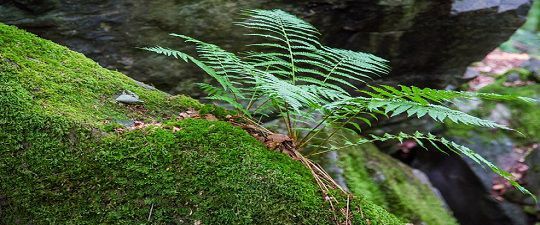

Rafflesia), land plants are mostly photosynthetic. Although some colorless heterotrophic species exist (e.g.

Most species are terrestrial, but there are many secondarily aquatic embryophytes. Sizes are varied, from a few millimeters to a hundred meters. All land plants are complex multicellular organisms with tissue differentiation. They are very important organisms to supply the most part of production on land.

Įmbryophytes (land plants) include most familiar plants such as trees, grasses, herbs, ferns and mosses. (2001 onwards) Angiosperm Phylogeny Website. (2006) The deepest divergences in land plants inferred from phylogenomic evidence. Pinales (conifers) (cedars, cypresses, firs, larches, pines, redwoods, spruces etc.)Īngiosperms ( rice, wheat, barley, Arabidopsis, Lotus, tomato, morning glory, chrysanthemum etc.) Psilotopsida ( Psilotum, Ophioglossum etc.)Įquisetopsida (Sphenopsida) (horsetails etc.) Lycopodiopsida (clubmosses, spikemosses, quillworts etc.) Life / Eukarya / Plantae / Viridiplantae / Embryophyta (land plants)īryophyta (mosses) ( Physcomitrella etc.) Embryophyta NIES-MCC | KU-MACC | Tree to Strain


 0 kommentar(er)
0 kommentar(er)
